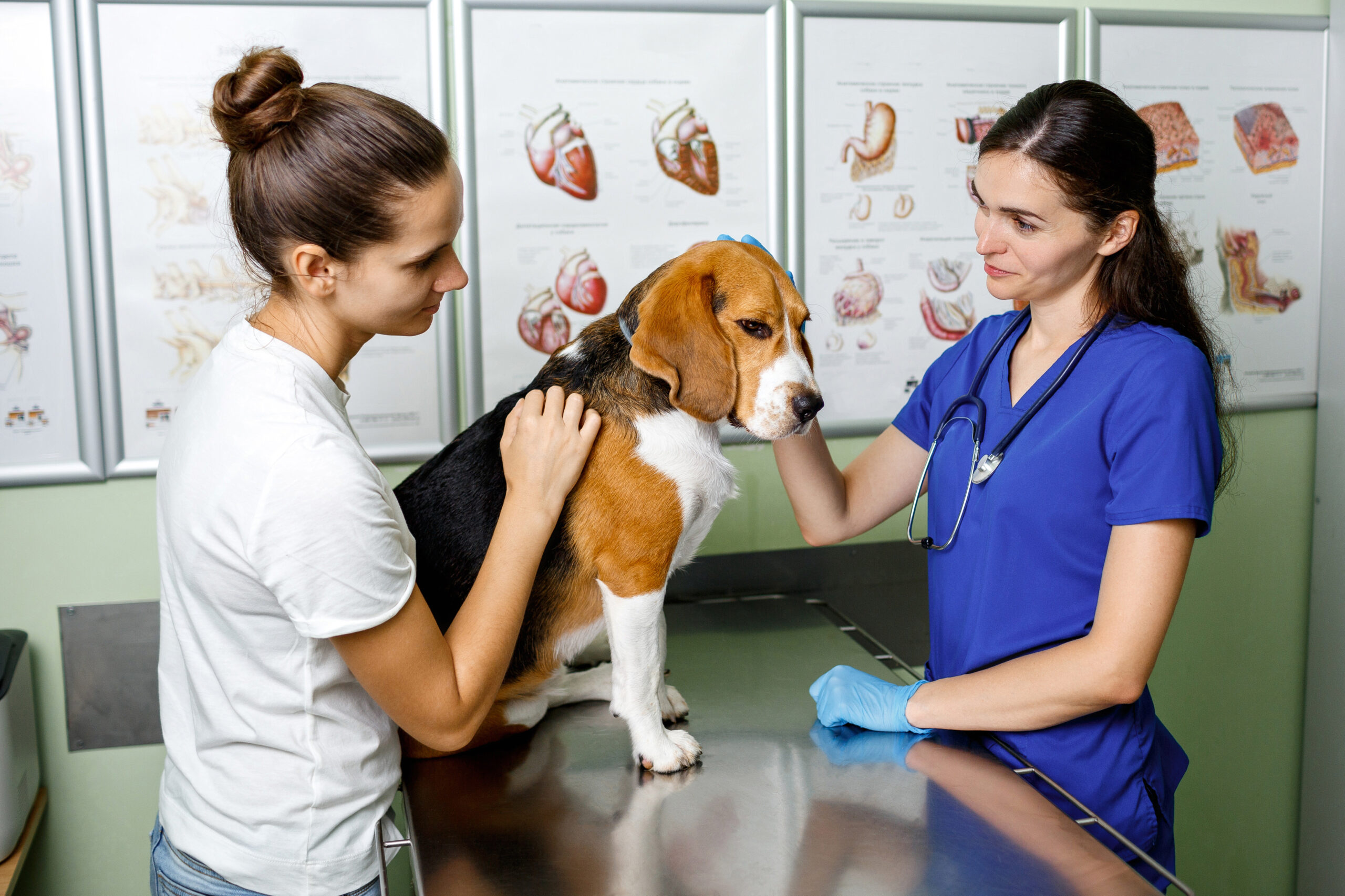
WORCESTER COUNTY HUMANE SOCIETY’S STANDARDS OF CARE
“Our mission is to provide compassionate sheltering with a focus on animal well-being while providing adoption services, low-cost spay/neuter & comprehensive humane programming for our community pets and the people who love them.”
The Worcester County Humane Society follows The Association of Shelter Veterinarians’ Guidelines For Standards of Care in Animal Shelters, Second Addition – December 2022.
Veterinary Care Protocol
All WCHS animals are vetted in the following manner, and all services are included in the adoption fee:
Dogs: Spayed/neutered, distemper, rabies & Bordetella vaccines, microchipped, tested for heartworm, Lyme, Ehrlichia, anaplasmosis; bloodwork, dewormed/fecal testing.
Cats: Spayed/neutered, FVRCP & rabies vaccines, microchipped, tested for FeLV, FIV, and heartworms, bloodwork, and dewormed/fecal testing.
We address any health issues/conditions our animals have or experience. Animals are evaluated upon entry. Medical problems are triaged and addressed immediately as needed. WCHS does not euthanize animals for space. Animals are euthanized by veterinarians at animal hospitals when they are sick and suffering, and there is no hope for recovery. Animals may be euthanized for extreme behavioral issues. This is a rare occurrence and is done after consultation with a trainer, certified animal behaviorist(s), and one of
our trusted veterinarians.
Basic Care – Cleaning – Enrichment
Below is the care our dogs and cats receive on a daily basis.
Dogs: All incoming dogs are quarantined. Strays are held for 5 days. After this 5-day period, the animal belongs to WCHS. We have indoor/outdoor kennels for our dogs. Dogs are walked numerous times daily and spend the day in outdoor kennels (weather permitting). They are fed (quality dog food or medical diets; canned & dry) twice daily.
Dogs get the opportunity for some one-on-one time with staff in our large fenced-in field, or time with other dogs they get along with for play groups. Dogs are provided toys & treats for enrichment.
Cleaning procedures in kennel areas are per protocol.
Cats: Incoming cats are quarantined in cages. Strays are held for 5 days. After 5 days the animal belongs to WCHS. Cats under medical treatment are also housed in cages. WCHS believes in a cage-free environment for our cats, and as such, most of our cats are housed in cage-free rooms and cage-free sheds, after being fully vetted and deemed healthy. All such areas have porches so the cats may enjoy the outdoors, safely. Toys are provided to all cats, as well as appropriate scratching posts/areas,
climbing, and hiding areas.
Cleaning procedures in all cat areas are per protocol.
Animal caregivers keep daily logs regarding issues or problems with the animals in their assigned areas. Any immediate problems/concerns are reported to the Manager/medical staff ASAP.
Population Management
WCHS houses approximately 125 cats and 25 dogs. Trained fosters are utilized when our intake/volumes exceed these amounts.